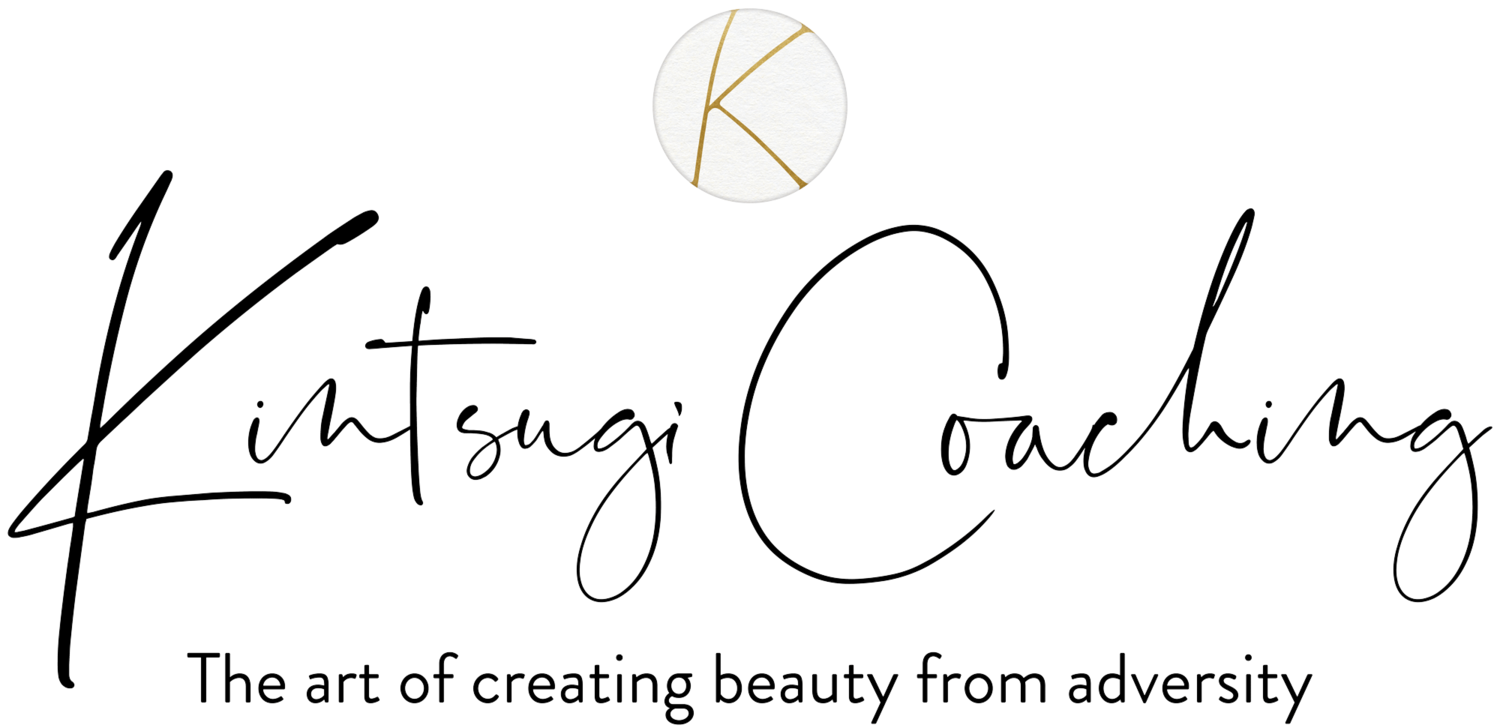Are We There Yet? Thoughts on Navigating a Night Sea Passage
Last month I wrote about the decks of my life being cleared: how my practice rather abruptly emptied out and how that seemed purposeful and meaningful. The way I wrote about it made the experience sound like a cruise through the Greek Isles, reclining on my metaphorical deck chair aboard the ship of my life’s journey, serenely looking toward a new horizon.
Well, that lasted for about an hour, and then I wanted off. I wanted to dock somewhere, get off this boat and begin a new exploration. A friend wrote to ask how the cruise was going and I responded, “Cloudy. No land in sight.” My journey has become something akin to taking a long car trip as a kid: exciting for the first ten minutes until it turns into what feels like a never-ending, supremely boring and confining ordeal.
Are we there yet?
I have christened my boat the SS Summer of My Discontent. I wince every time someone asks with a happy, lilting tone, “How was your summer?!” because my summer consisted of being diagnosed (finally, after four years) with Epstein-Barr, my husband’s ongoing struggle with chronic illness, our car, vacuum, refrigerator, washer/dryer, and furnace all breaking down and my practice drying up. There were no lovely vacations, no fun parties, no weekends at the lake house (there is no lake house, by the way). Bereft of energy and work (and a decent baseball team to distract me … thanks for nothing, Giants) and not clear when or where I might land, it’s been incredibly challenging to maintain a sense of balance, much less anticipatory excitement.
How was my summer? Fabulous.
The space between epochs of our lives is not a pleasure cruise. In the midst of such voyages, one feels lost, anxious and disoriented. Leaving your familiar way of being creates an uncomfortable void, a void that feels very much like being cast into a great sea where there is no one and nothing but seemingly endless water. It can get mighty turbulent. You are moved by invisible currents to who-knows-where, unsure even if there is a there there. Great sea monsters — Fear, Shame, and Anger — arise out of the depths and must be confronted lest they consume you.
Such transitional times are aptly referred to in mythology as the night sea passage, or what St. John of the Cross called, “the dark night of the soul.” It is, in essence, the collapse of life and meaning and structure as you knew it, a descent into the unconscious, and a rebirth into a new life with a new sense of meaning and purpose. It’s the sort of thing that people look back on and say, “That was a tough time, but I’m grateful for it because it brought me here.” The night sea passage can be the space between an ill self and a healthy self, or vice versa. It can be a nest gone empty, or retirement, or the loss of a loved one, or a failed business venture. Whatever the particulars, one is left feeling as though everything has crumbled and vanished. The night sea passage is not a booze cruise, my friends.
It is with this heady, psychological knowledge and forward-looking optimism that I wrote my last piece. Part of me knows that this, too, shall pass and that there will be something good on the other side. Still, the journey is supremely challenging, because a transition, by definition, involves a death of one kind or another: of who we were, or what we knew, or a dream we had. The life you knew and the “you” you were, is no more. In such a space one does not feel like “oneself.”
And this is, I think, largely the point of such journeys; they force our hands and facilitate a turning inward to find what is real and true and eternal within us. If navigated successfully (“navigate” from the Latin navigare, “to sail”), a night sea passage will evoke greater strength, soulfulness, compassion, understanding and awareness, and heaven knows we could all use a little more of that.
It’s said that life is about the journey, not the destination, and I believe that’s true. Still, I wouldn’t mind a little pit stop, dropping anchor in, say, the Italian Riviera.
Just a thought.

